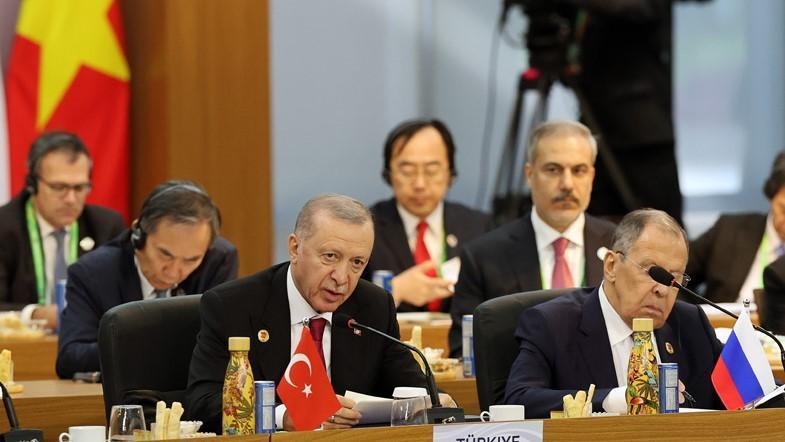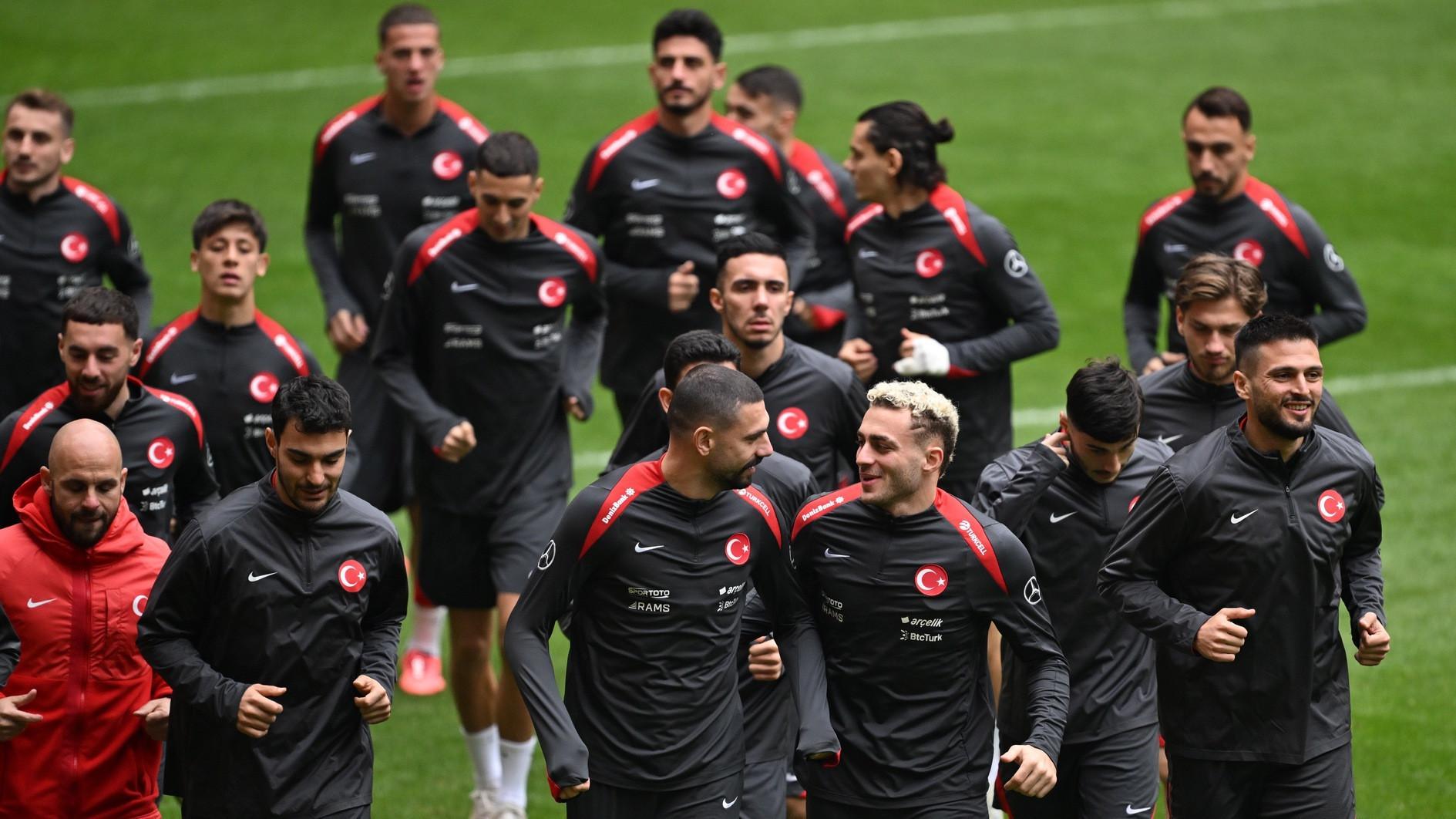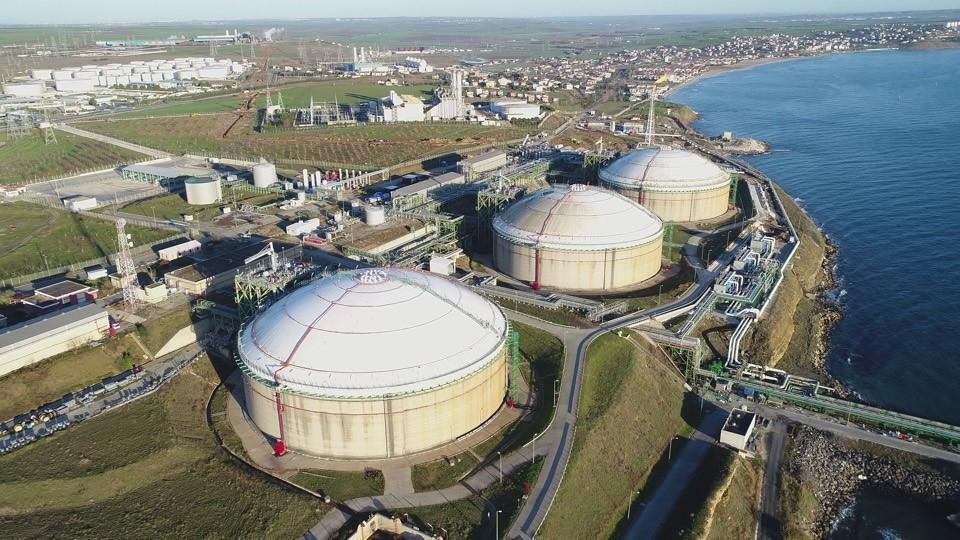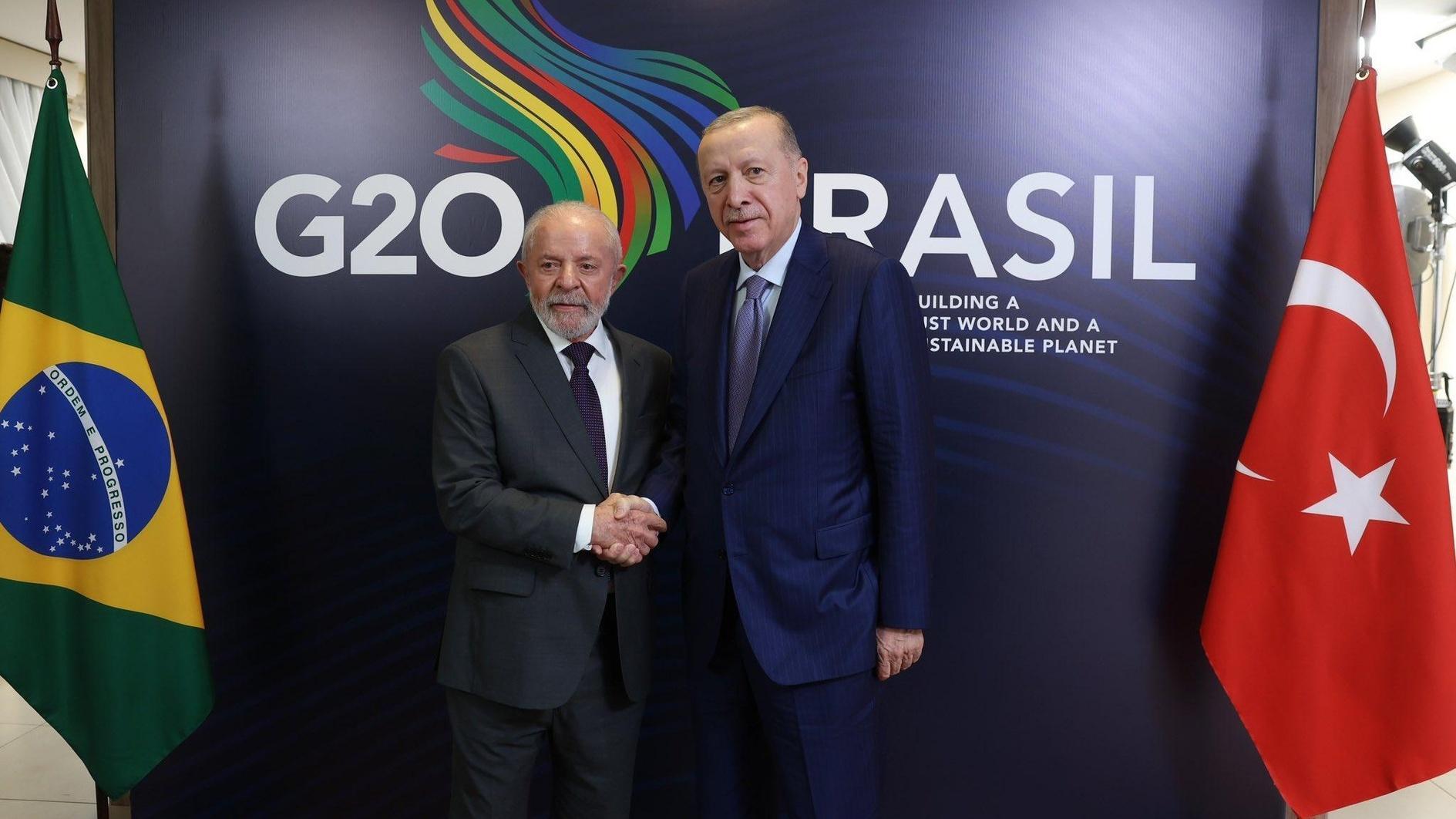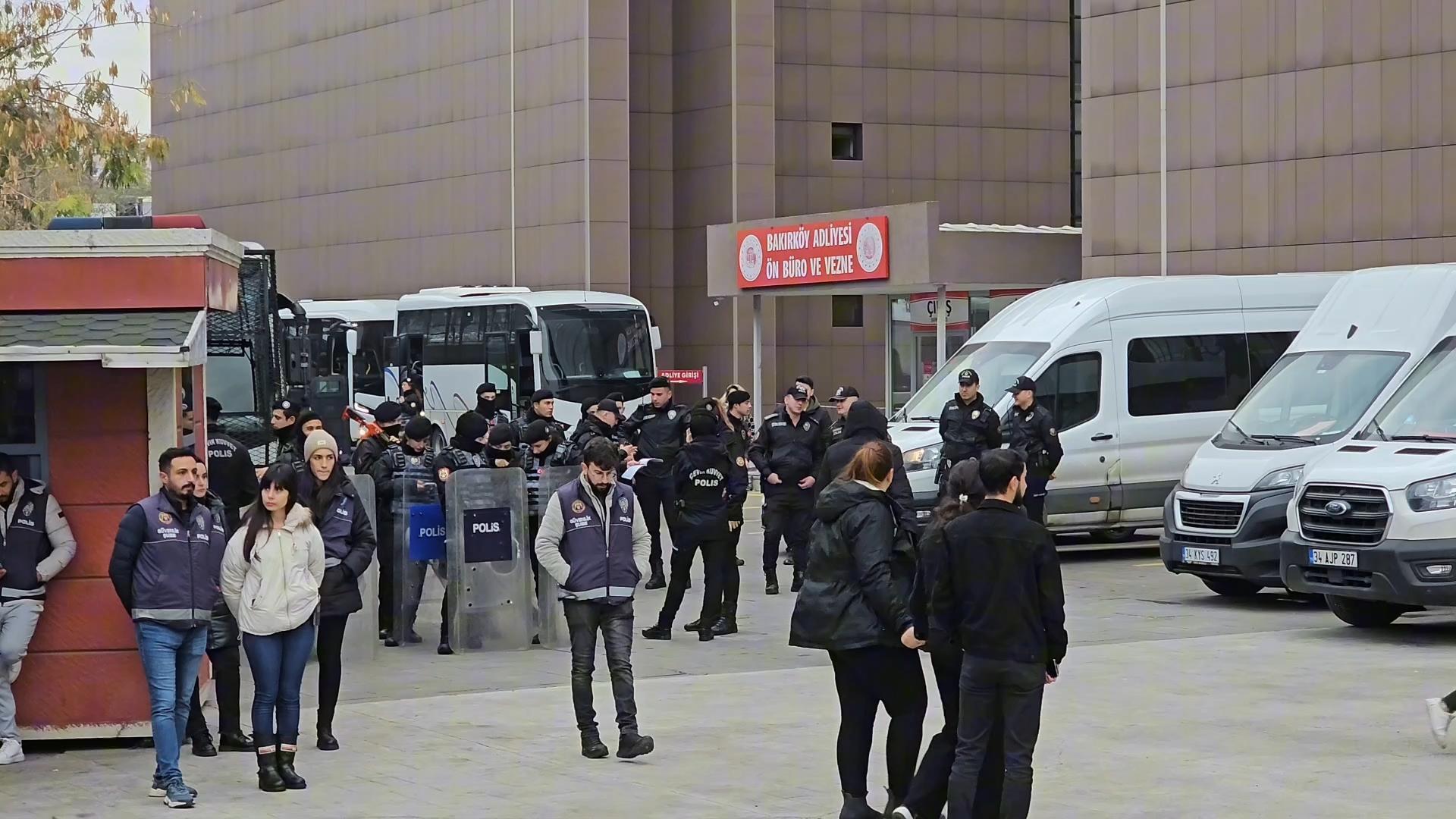What next in Cyprus?
The latest attempt to reunite Cyprus failed intense negotiations in Crans-Montana, Switzerland, on July 7. The quintet talks under the auspices of U.N. Secretary-General was seen as the most promising occasion in years with two solution-minded leaders, Nicos Anastasiades of the Republic of Cyprus (RoC) and Mustafa Akıncı of the Turkish Republic of Northern Cyprus (TRNC), in power on both sides of the divided island. Unfortunately, expectations were not enough to generate the long-desired solution.
The parties are blaming each other for the failure, though it should have been naïve; to paraphrase Einstein, to expect a different result by doing the same thing over and over again. Realpolitik tells us that the threat perceptions of Turkish and Greek Cypriots are diametrically contradicting each other and creating a highly problematic environment for a one-state solution.
The existing power structure on the island, with the RoC as an internationally recognized EU member state in the south and the TRNC facing international isolation in the north, creates inequalities and less than conducive atmosphere for an equitable solution, as it removes an important enticement for the Greek Cypriots. While the U.N.-sponsored talks, focusing on a bi-zonal and bi-communal federative solution, has been aiming at changing existing power sharing structure, it has been proven difficult to convince the Greek Cypriots to give up their lofty status as the status quo clearly favors them.
If the international community cannot change the material reality on the ground to bring about a negotiated solution, as is the case in Cyprus, then we could aim at changing political reality. For that, a seriously out of the box thinking is needed.
Turkish Cypriots have so far shown their willingness toward a bi-zonal and bi-communal federal solution in different occasions, though Greek Cypriots have at least once rejected it in terms of the Annan Plan referendum in 2004. It might thus produce a better outcome if the interested parties focus their energies on creating more balanced political conditions on the island that would force both sides to a peaceful co-existence, rather than trying to persuade them to a less than an optimal solution that neither side is enthusiastic to have.
As the Greek Cypriots seem to be more satisfied with the status quo, it is up to Turkey and the Turkish Cypriots to change the equilibrium on the island. The first step for such a change would be the transformation of TRNC’s de-facto status into de-jure position with Turkey’s support by seeking recognition from the international community. Even a few recognitions could create more level ground and prompt the Greek Cypriots toward a negotiated settlement.
Another move could be the opening of Varosha/Maraş for civilian resettlement under the TRNC authority and invite former property owners, including the Greek Cypriots, to start moving back. Provisions should also be foreseen for those Greek Cypriots who do not wish to return but eager to hand over their properties with the right amount of compensation and to receive their rights in line with the regulations of the Immovable Property Commission.
Also, both Turkey and the TRNC should officially proclaim their exclusive economic zones in the Eastern Mediterranean and start the exploration of natural resources within the zone, while not harassing Greek Cypriot exploration out of the declared zone. Similarly, the Turkish military presence on the island could be normalized through a military cooperation agreement between Turkey and the TRNC, which should be followed by measures to enhance economic integration and political cooperation between the two countries. Though all these require radical changes in thinking, they might be worth a try as everything else has failed so far.



